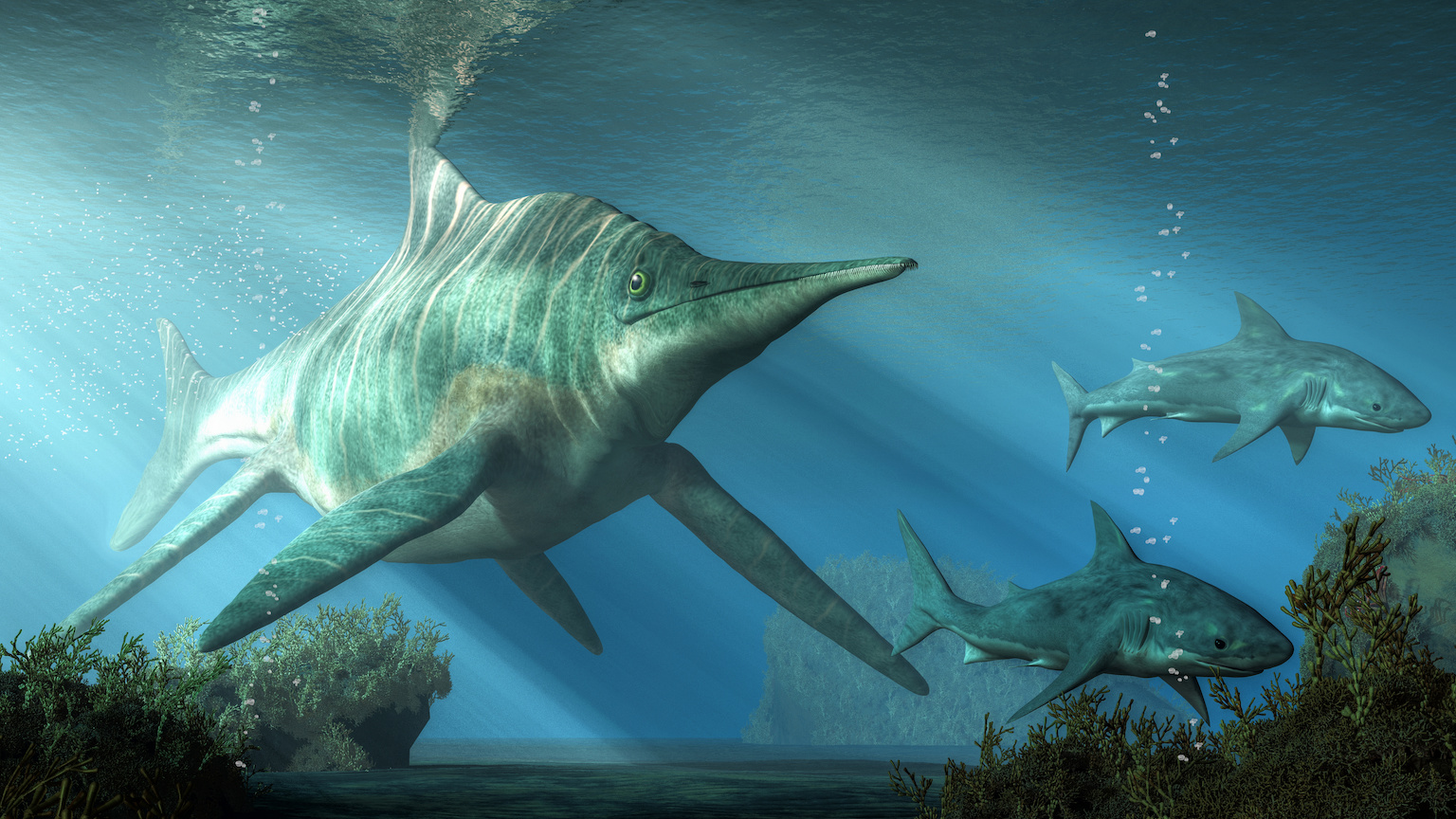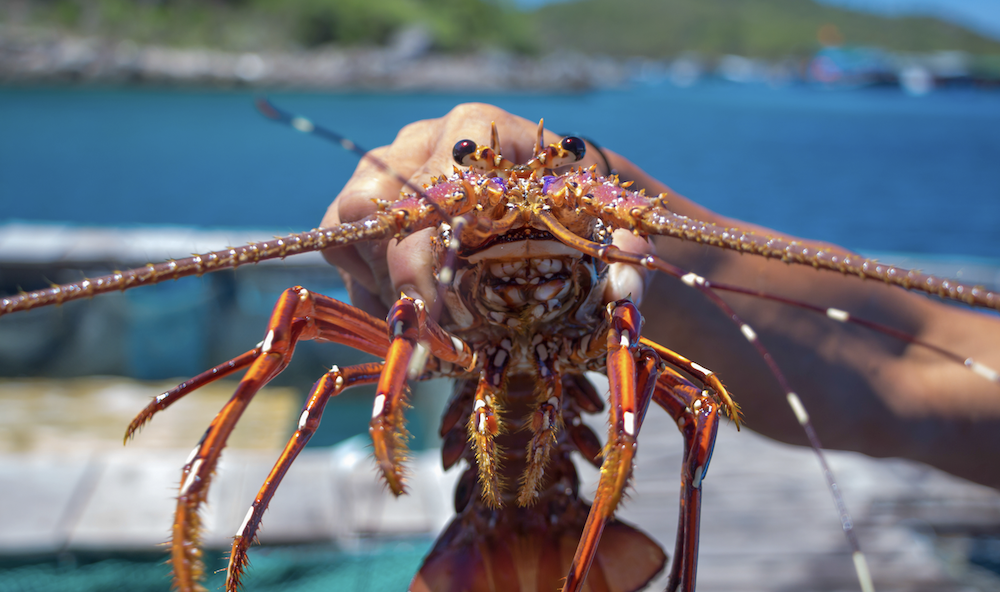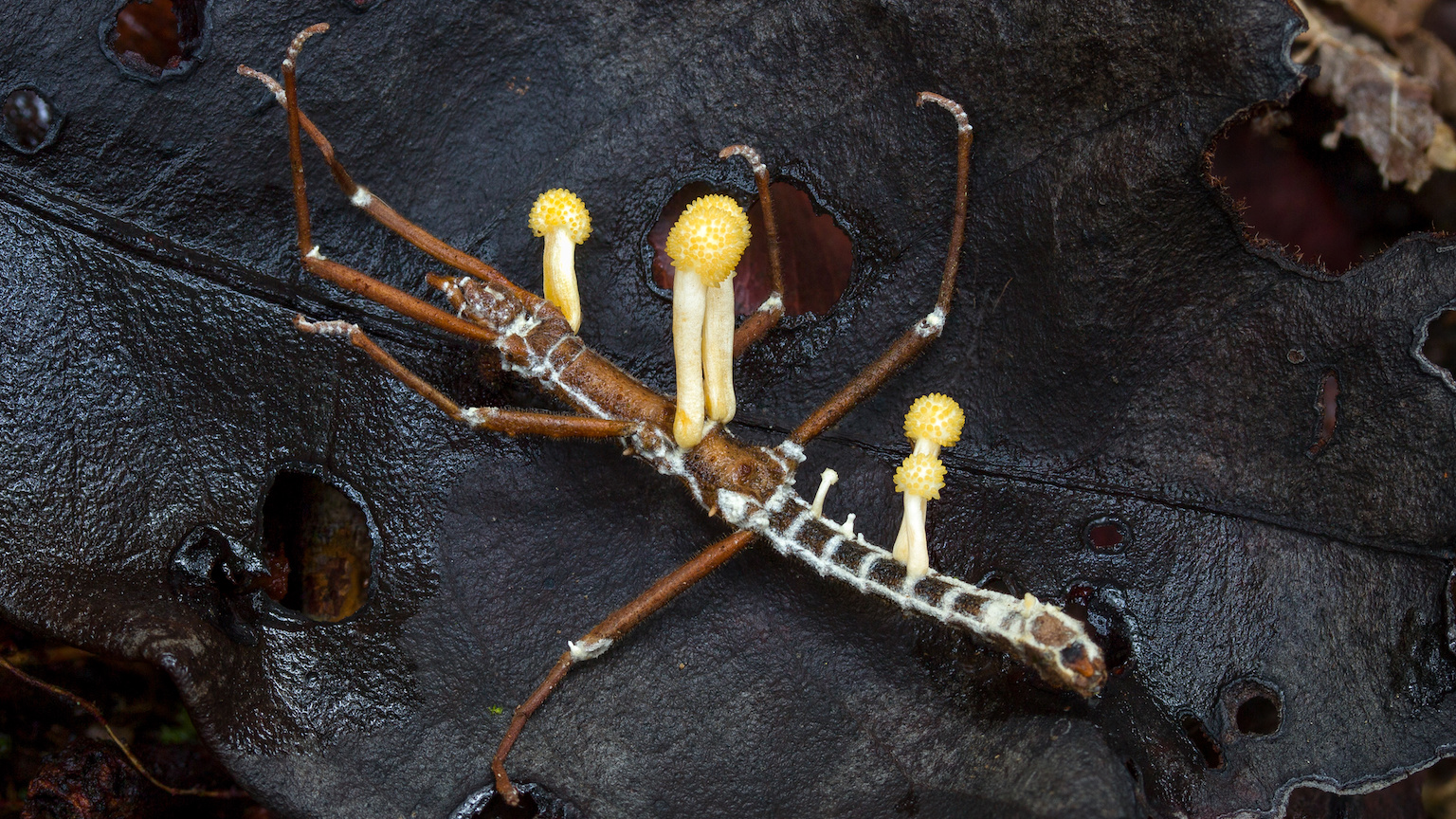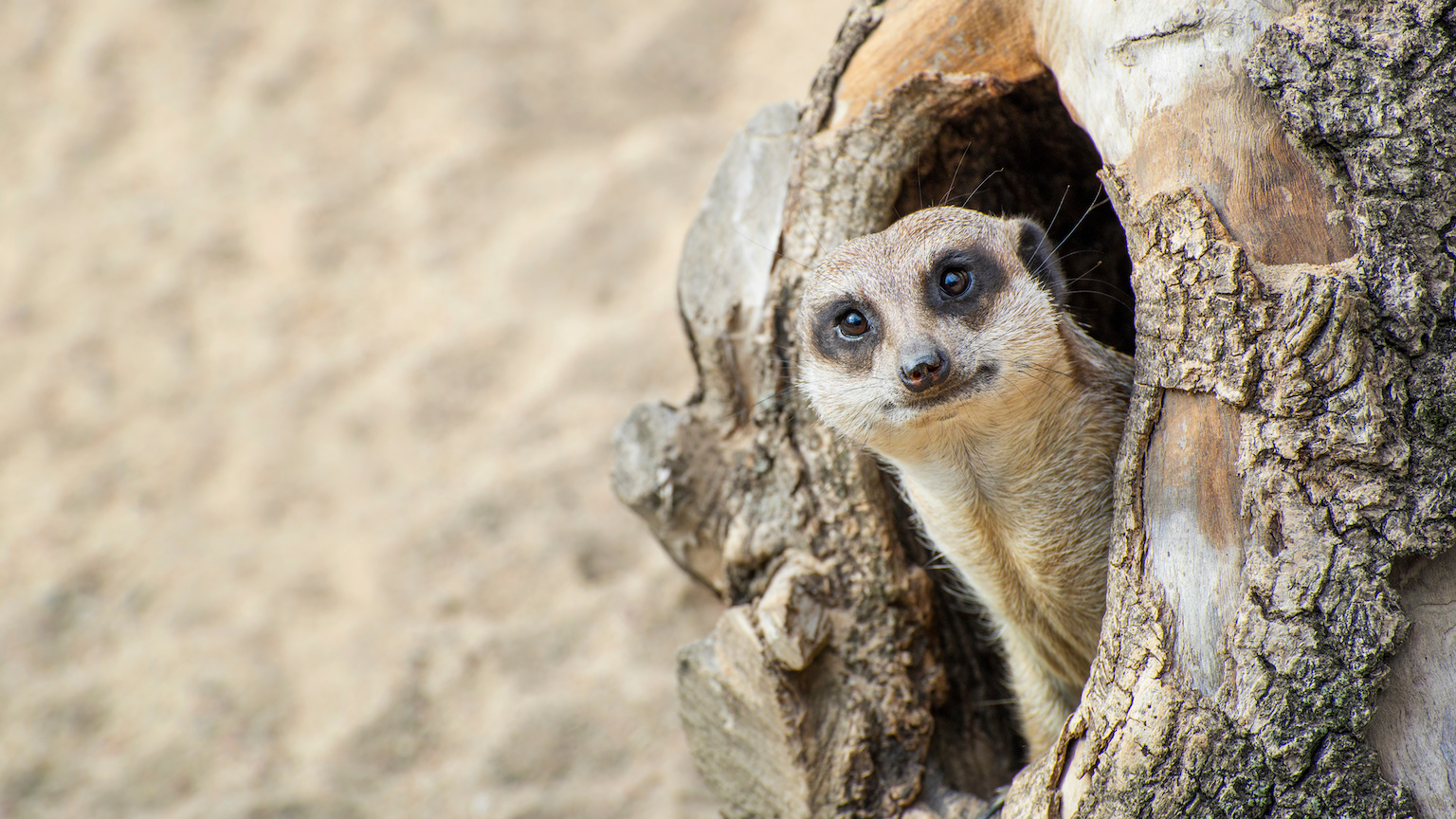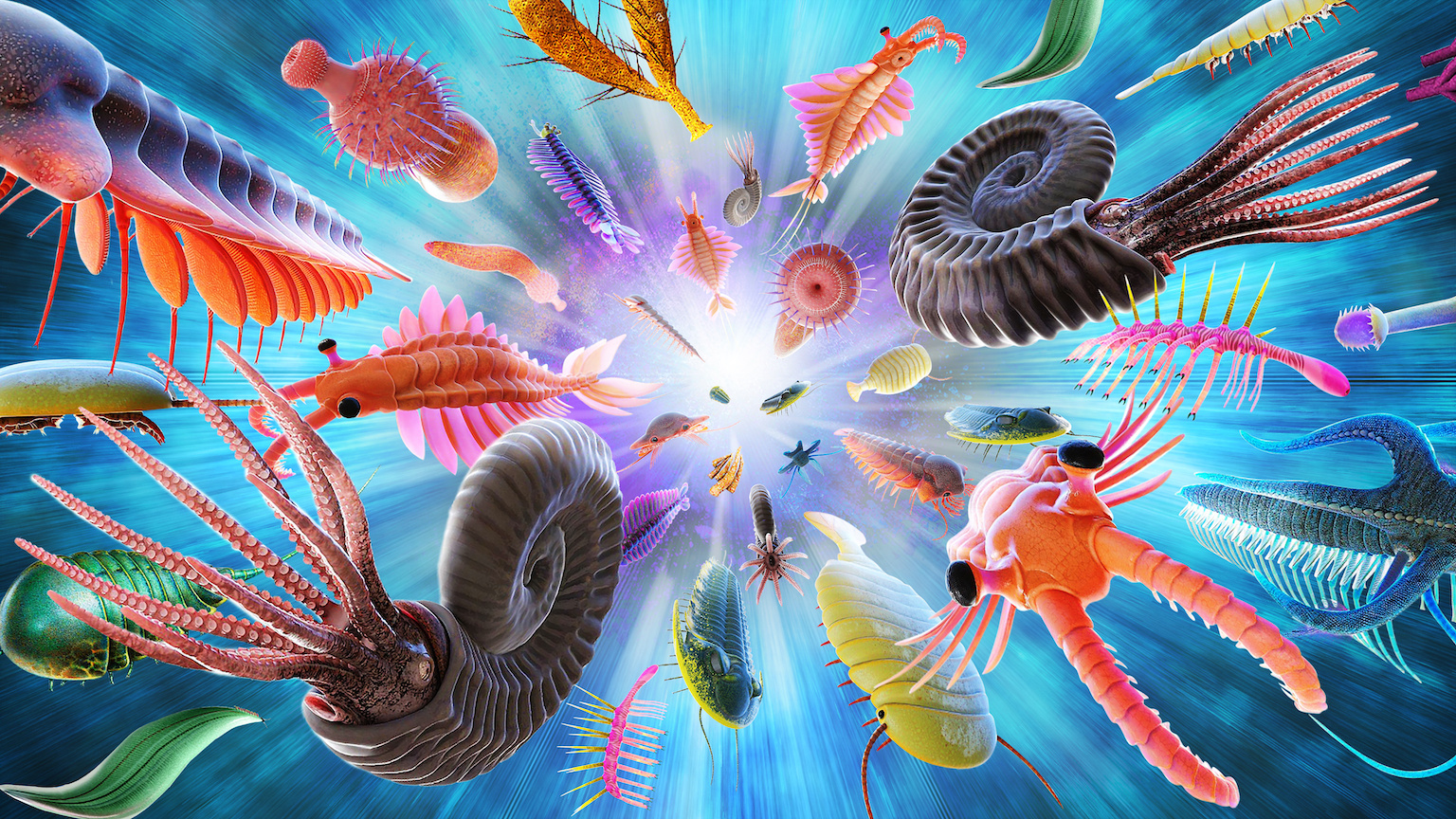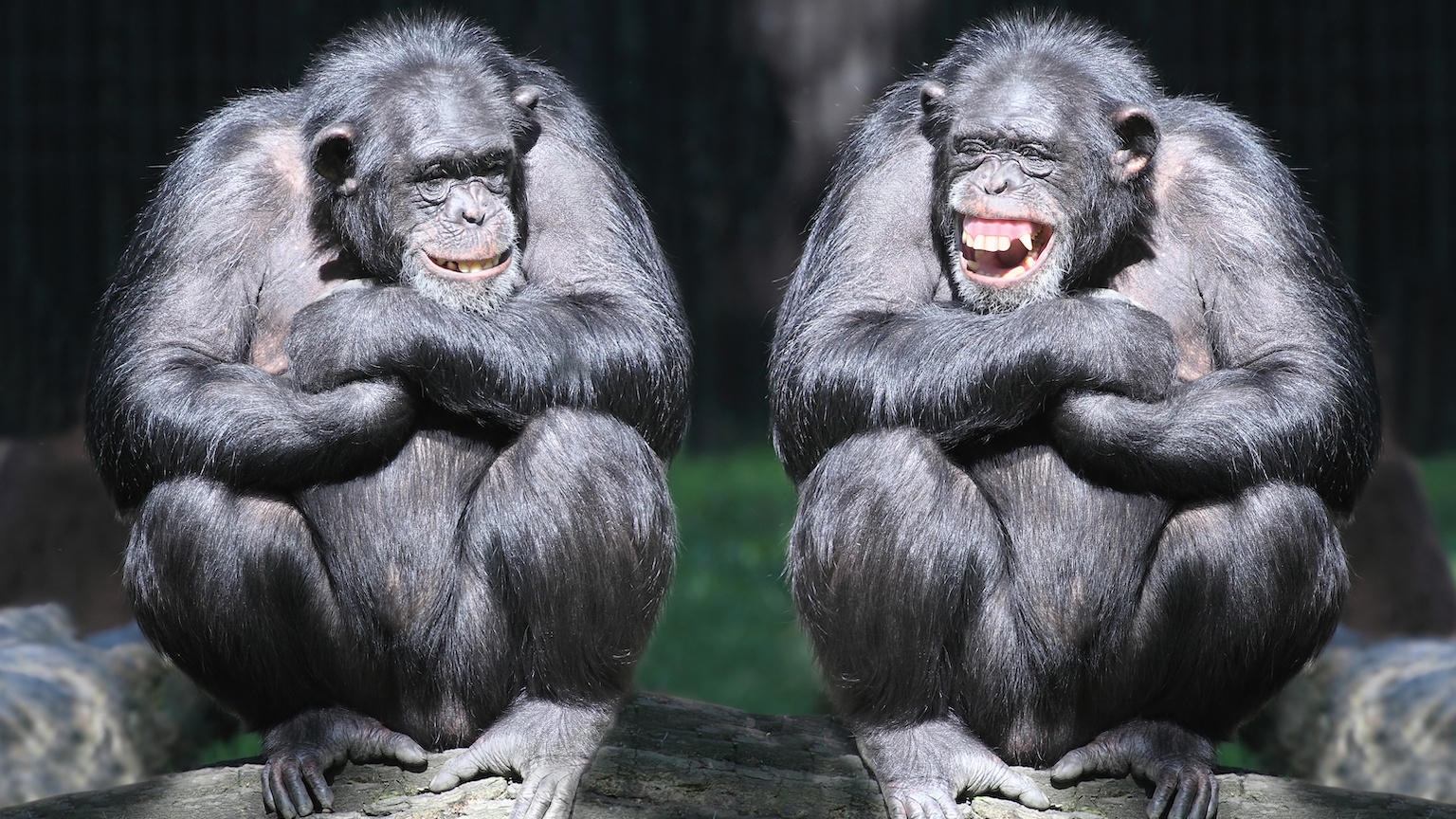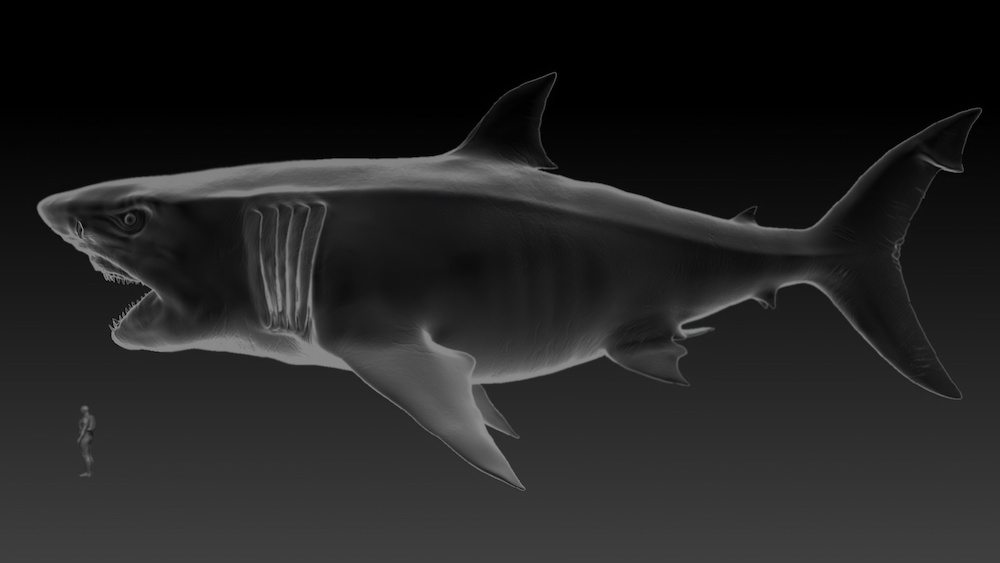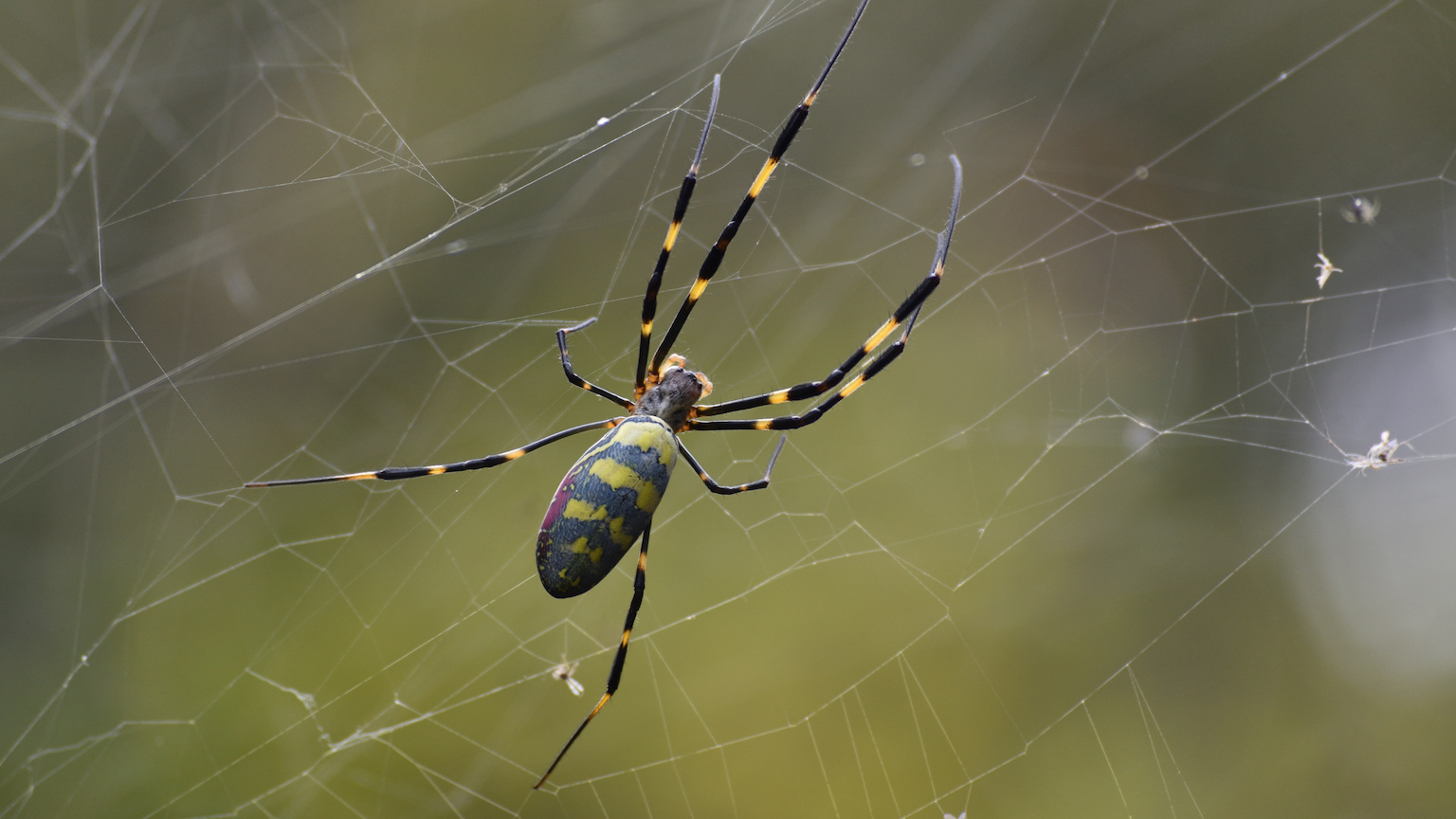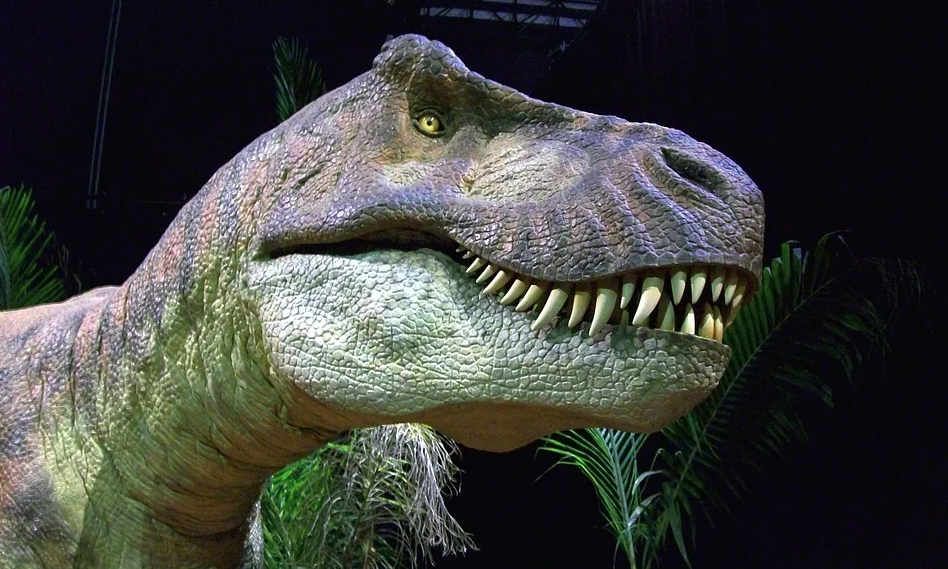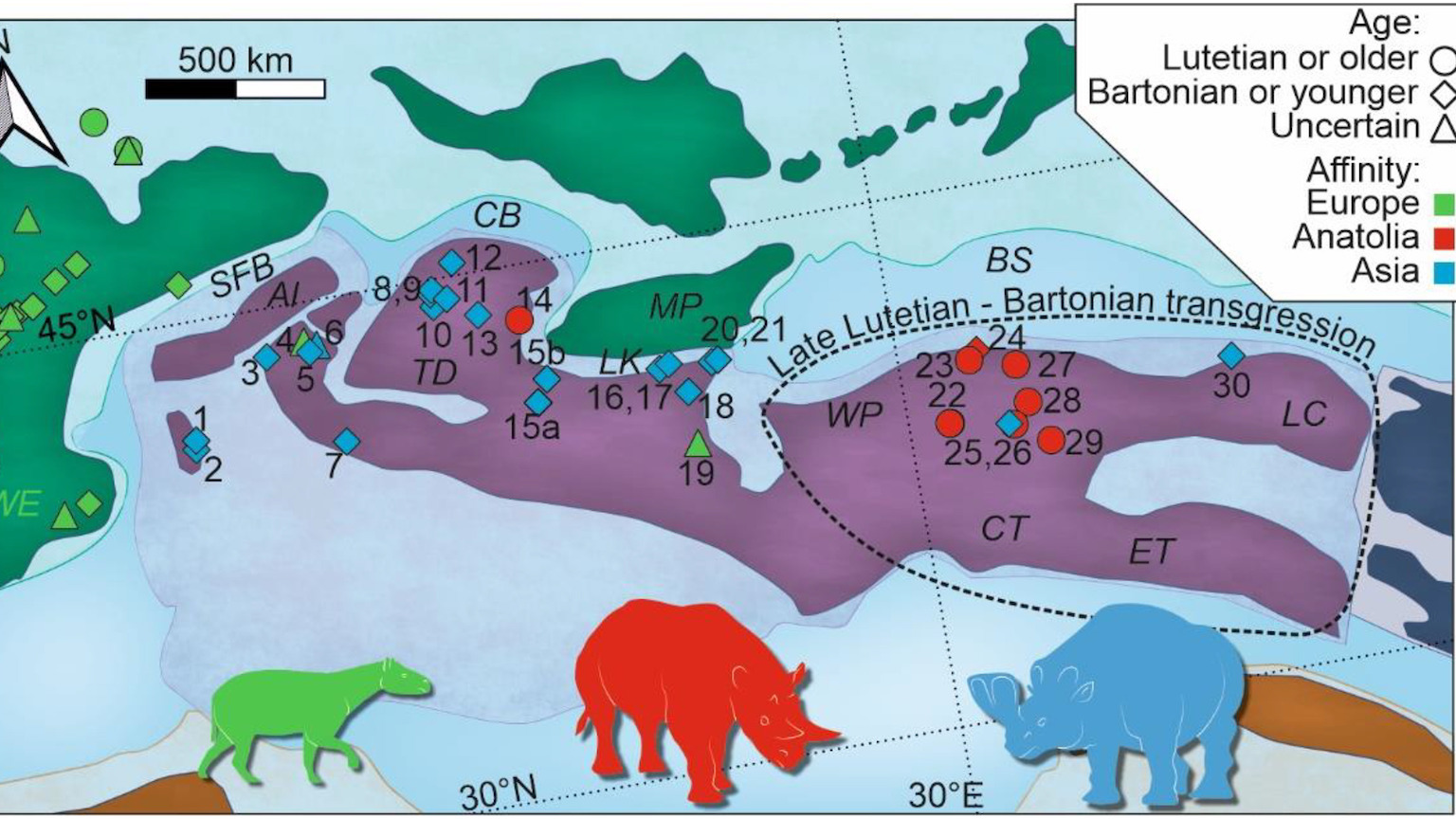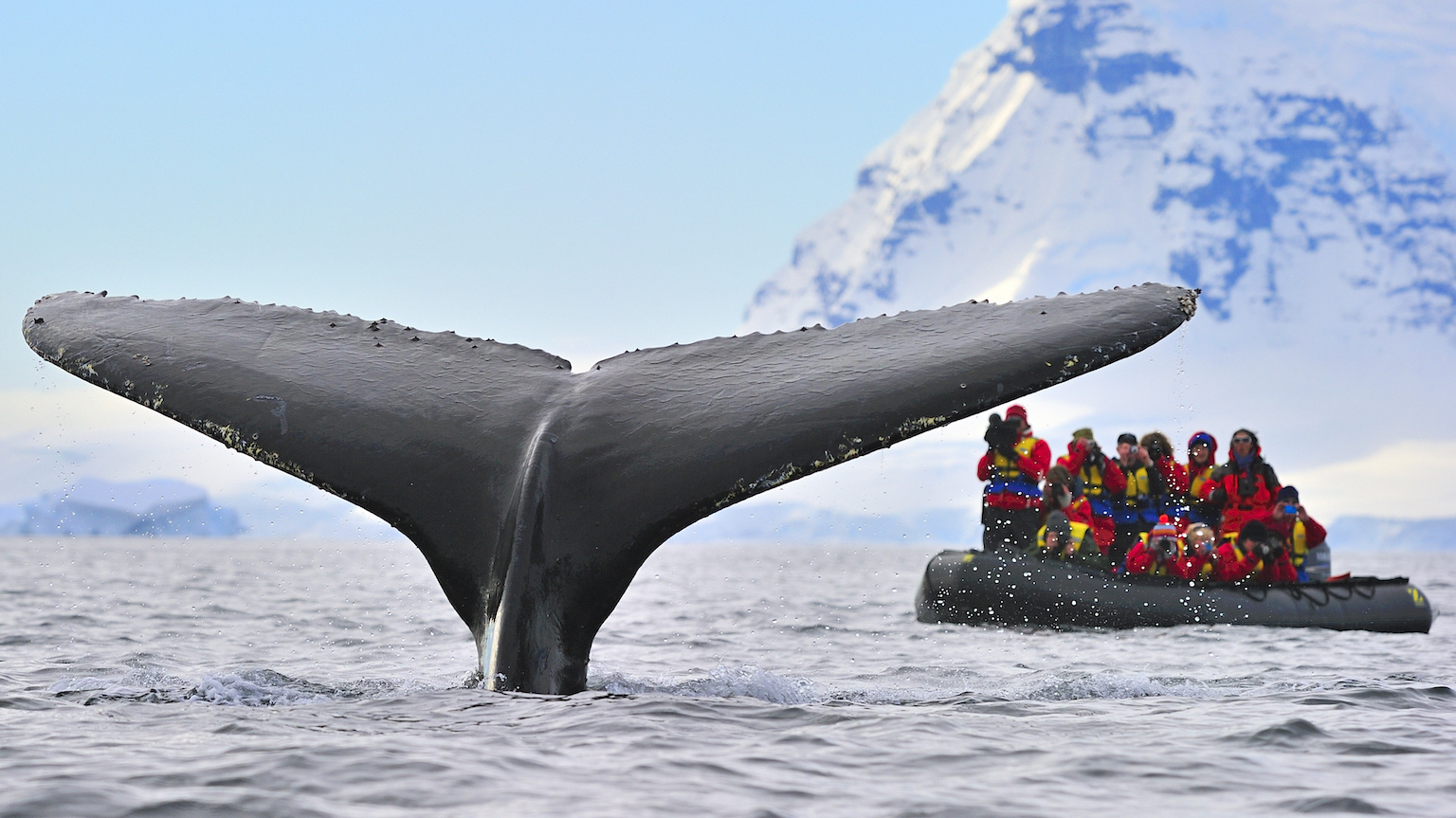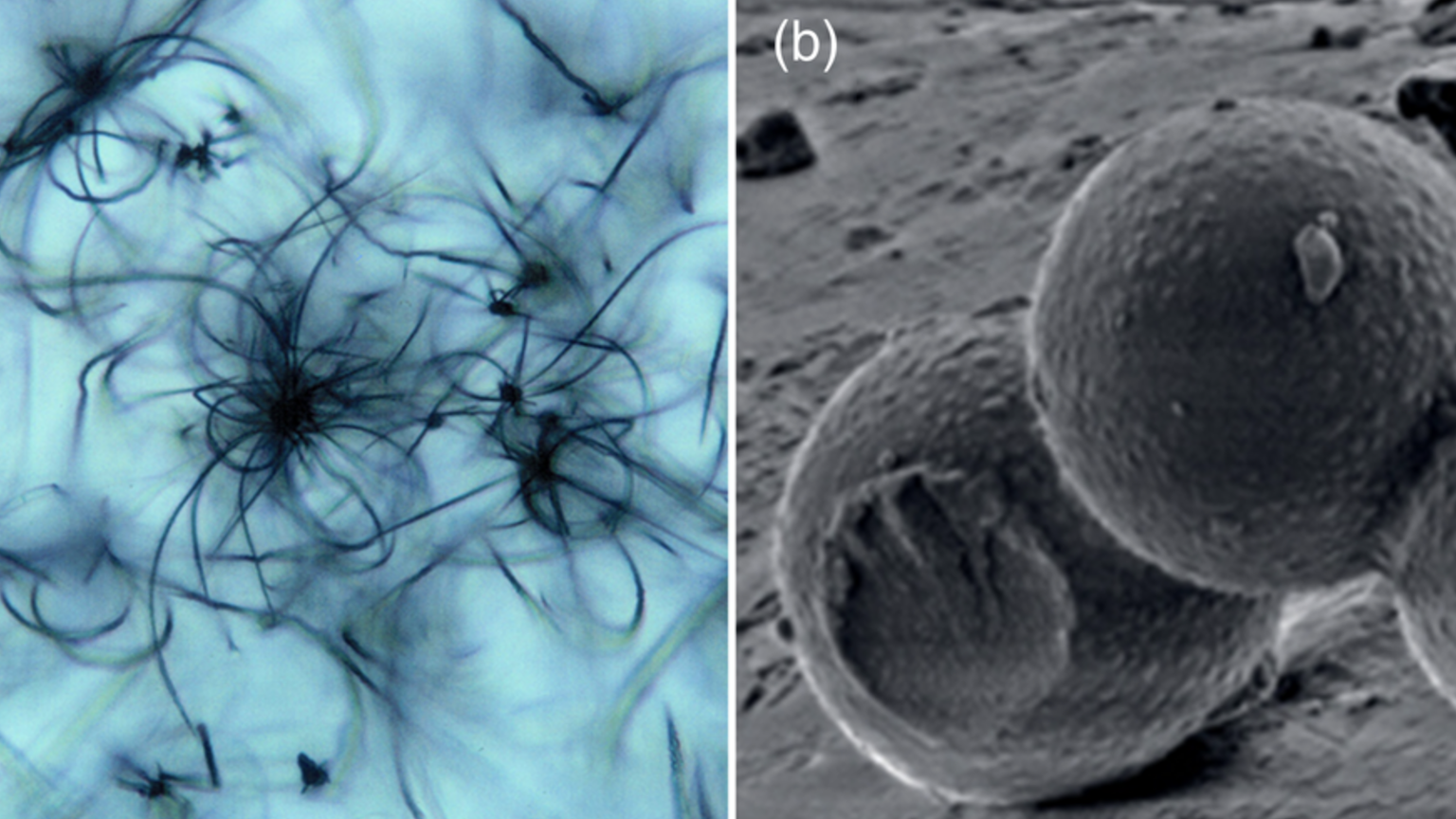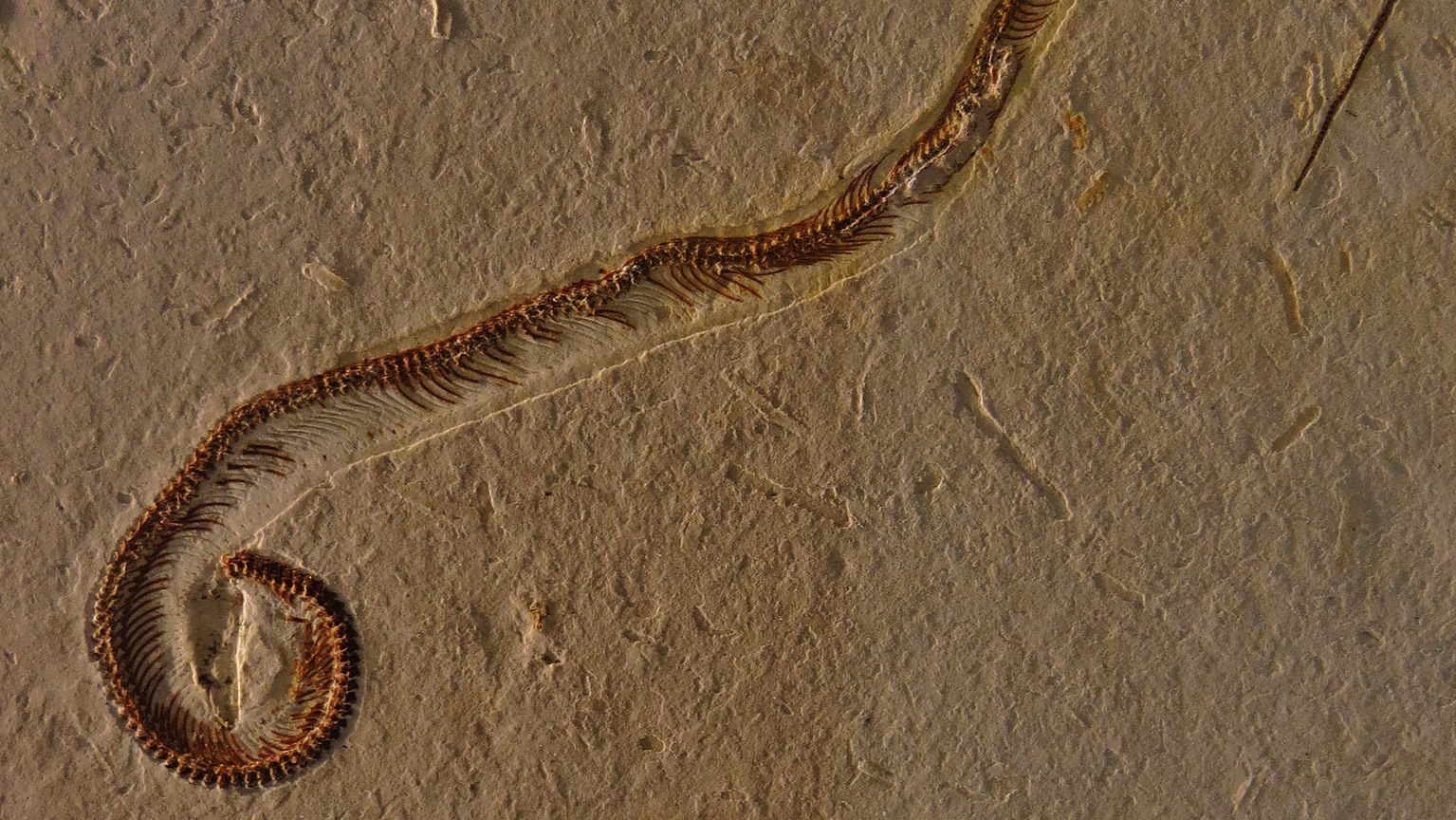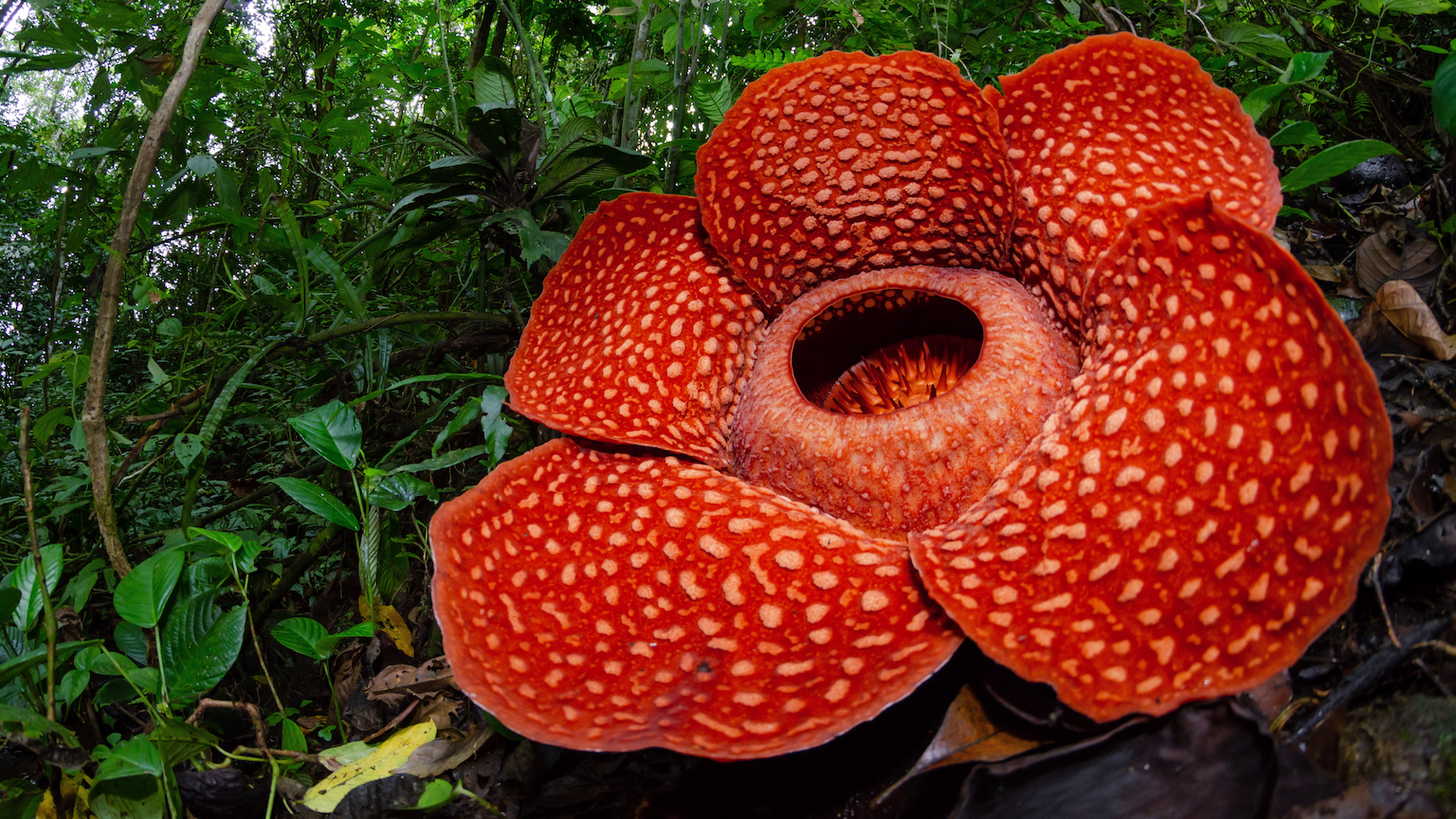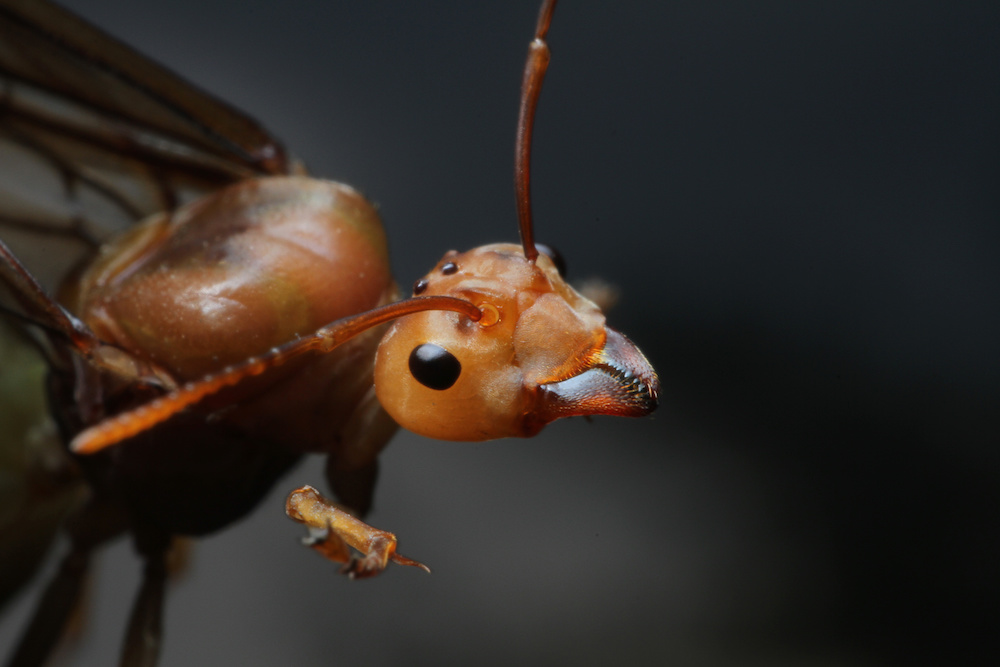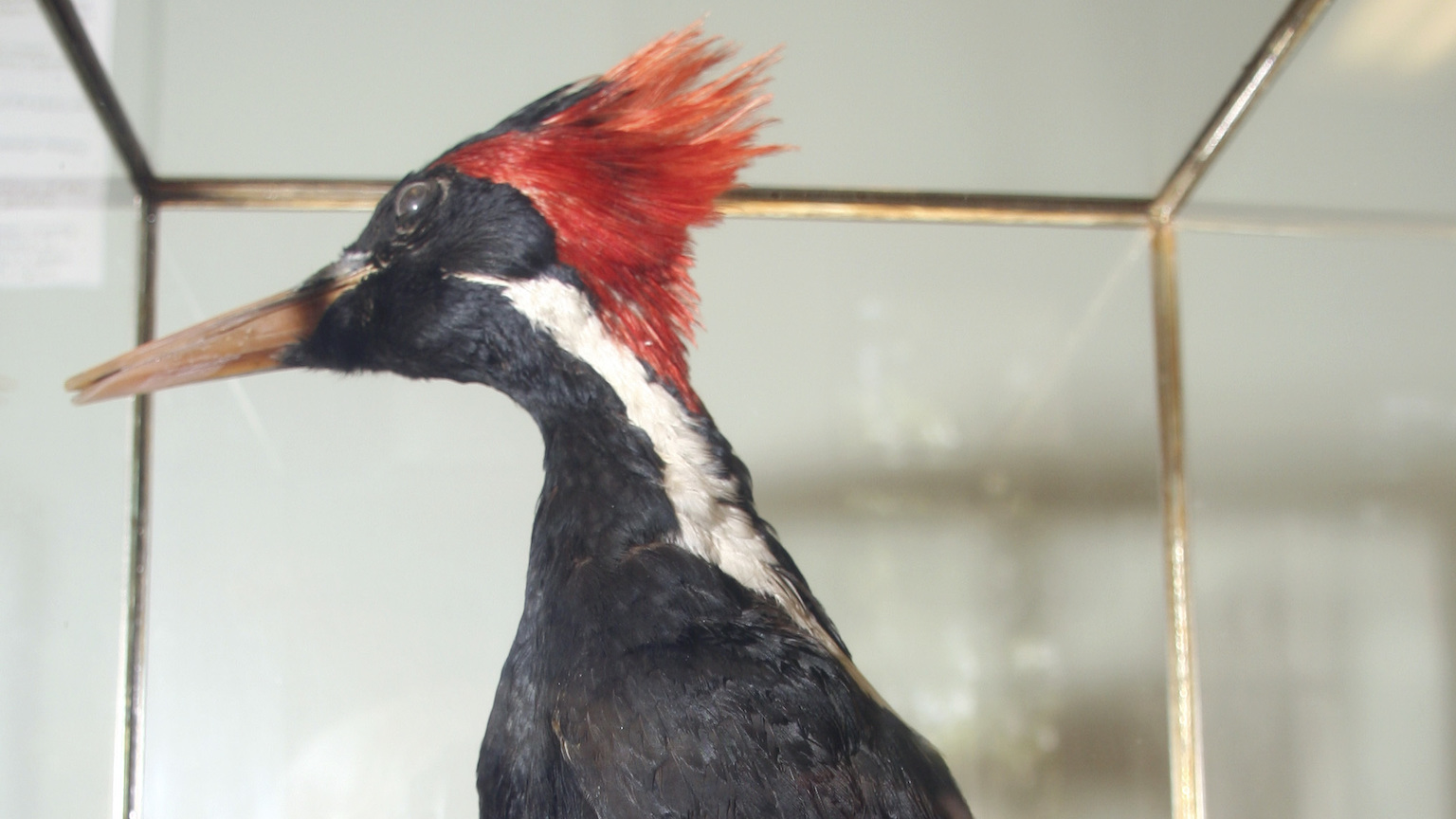Jasna Hodžić
Dr. Jasna Hodžić holds a Ph.D. in ecology and is a writer and editor based out of the western United States.

The simulation gave researchers some of the first concrete data linking climate change to human evolution and speciation.
There is strong evidence that invertebrates are sentient beings.
An emerging field studies parasites that take over the nervous system of a host.
There may be thousands of undiscovered mammal species in the world. Most are small, like bats and rodents, but there could be primates, too. A lifeline for Bigfoot enthusiasts?
Scientists across a range of disciplines have helped solve Darwin’s dilemma.
Chimpanzees are able to consider the context of social interactions and can accept unfavorable outcomes — sometimes.
The way that the ancient Megalodon adapted to water temperature has important implications for modern marine creatures.
Can a non-native species be a friend instead of a foe?
An ancient continent called Balkanatolia rose and fell in the area in and around what is now the eastern Mediterranean.
With around 5,000 summertime residents, increased tourism, and a warming planet, it is becoming difficult to protect Antarctica from invasion.
Purely physical and chemical processes can deceive us into thinking that life is present, when it actually is not.
Missing link? More like the weakest link.
Parasites aren’t limited to just worms and ticks. Even some plants like to feed off others — and they perhaps could help fight invasive species.
Social conflicts can leave molecular marks on animals, according to recent research on the ant species Harpegnathos saltator.
The list includes eleven species of birds, eight species of freshwater mussels, two fish, a bat, and a plant from the mint family.

